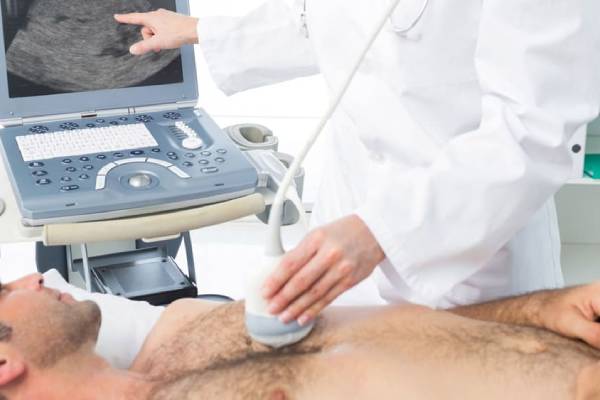
Pediatric cardiology is the field where cardiologists aim to keep pregnant women out of any risk of heart attack or coronary heart disease. They also treat infants and teenagers who suffer from congenital heart defects or genetic disorders that might have occurred during pregnancy. Women who suffer from diabetes or high blood pressure before their pregnancy have a higher risk of having a heart attack or heart disease. Since the fetus's heart begins to form shortly after conception, the heart is most likely to get affected first. Women with gestational diabetes or hypertension should co-operate closely with their pediatrician or pediatric cardiologist to prevent an episode of a heart attack. Pediatric cardiologists diagnose congenital diseases, arrhythmias, mental disorders, cancer, etc.
What Kind Of Disorders Does A Pediatric Cardiologist Treat?
The disorders treated by pediatric cardiologists are :-
Why Is A Pediatric Cardiologist Needed?
Treatment Provided By A Pediatric Cardiologist
The pediatric cardiology team of Dr. Swapnil Mate's Cardiology Clinic includes a group of experienced pediatric cardiac surgeons and assisting surgeons, cardiologists, physical therapists, nutritionists, geneticists, child-life specialists, and a group of pathologists who run by tests and give the proper cause of diseases and helps in identifying the disorders in children. The team consults with other specialists for proper examination. Together, they provide extensive care to mothers and children provide services that cater to their needs.
